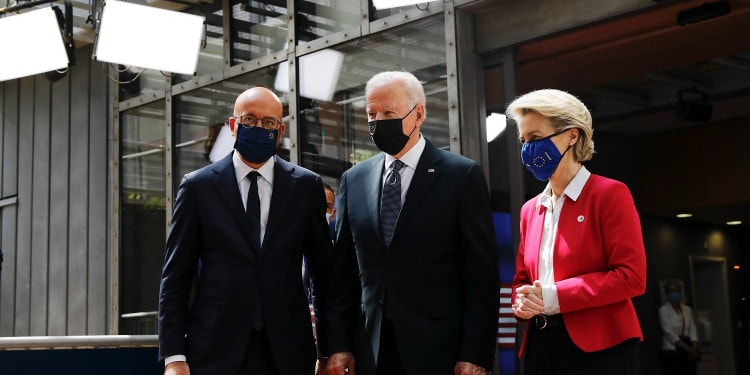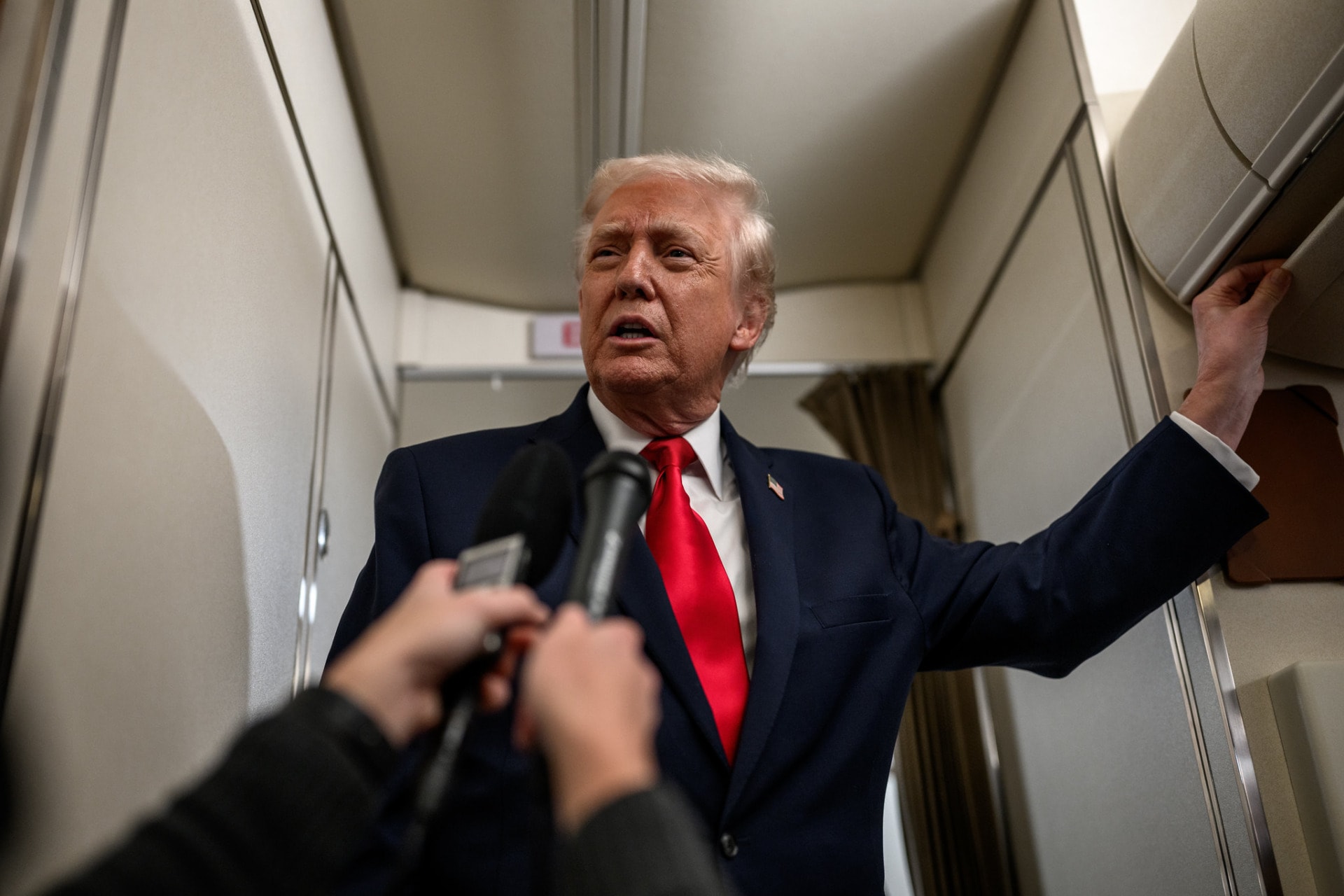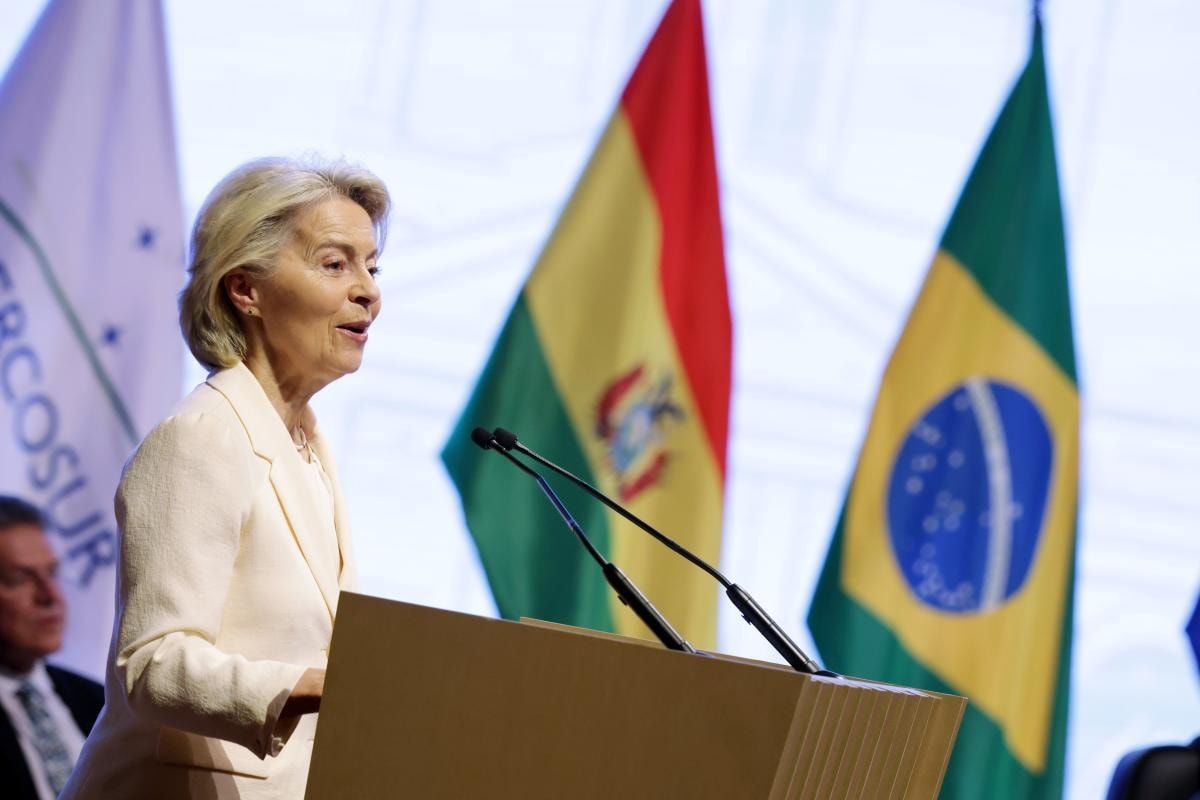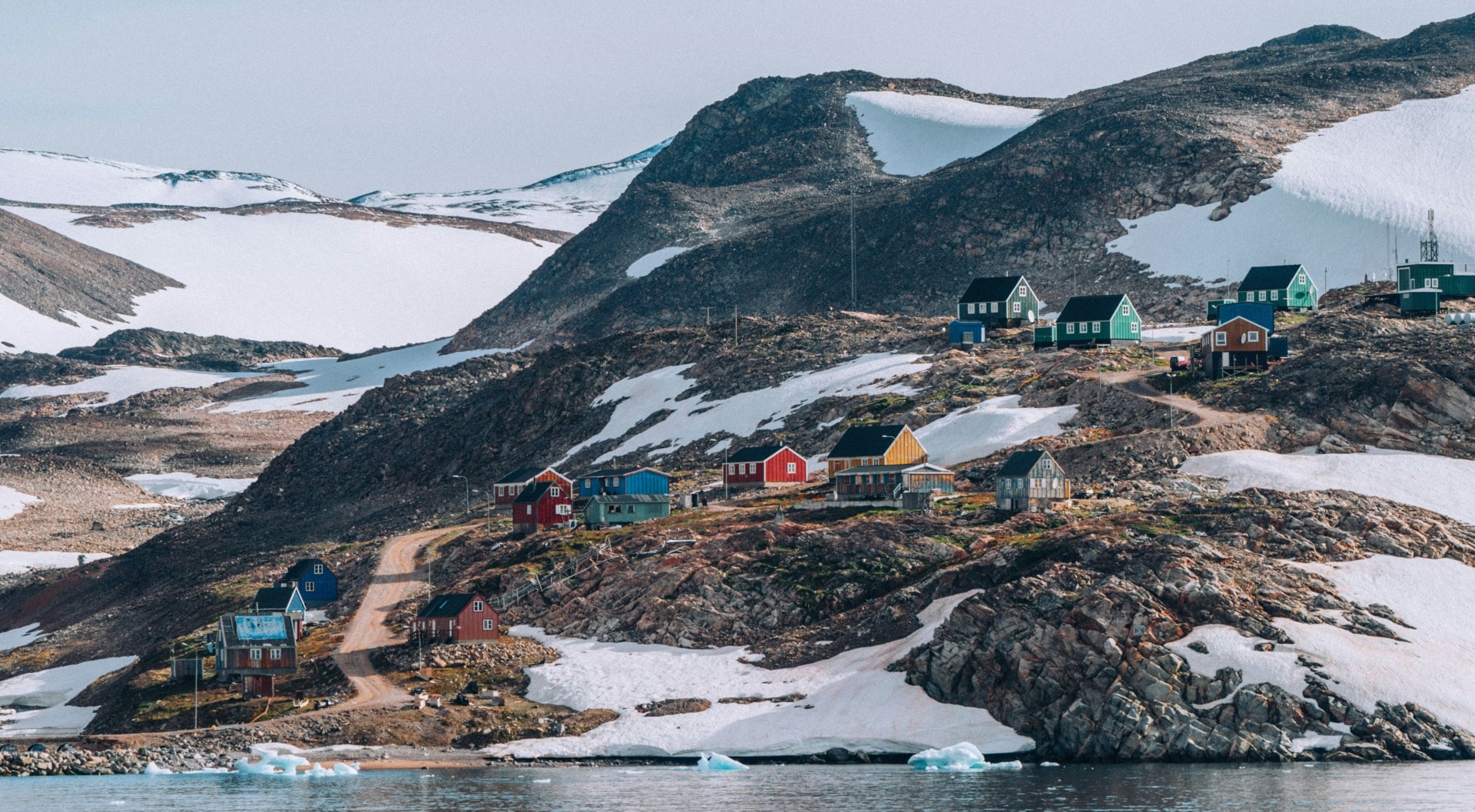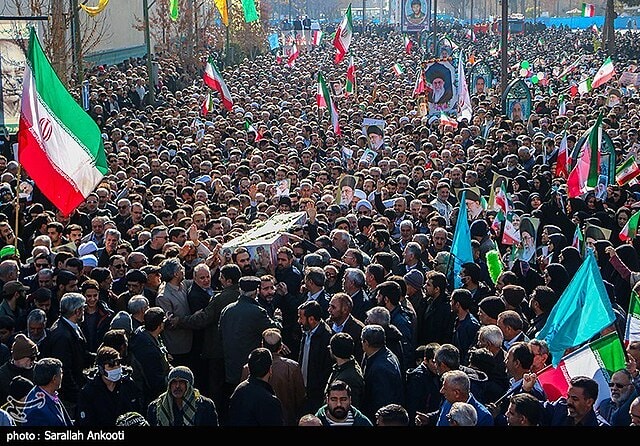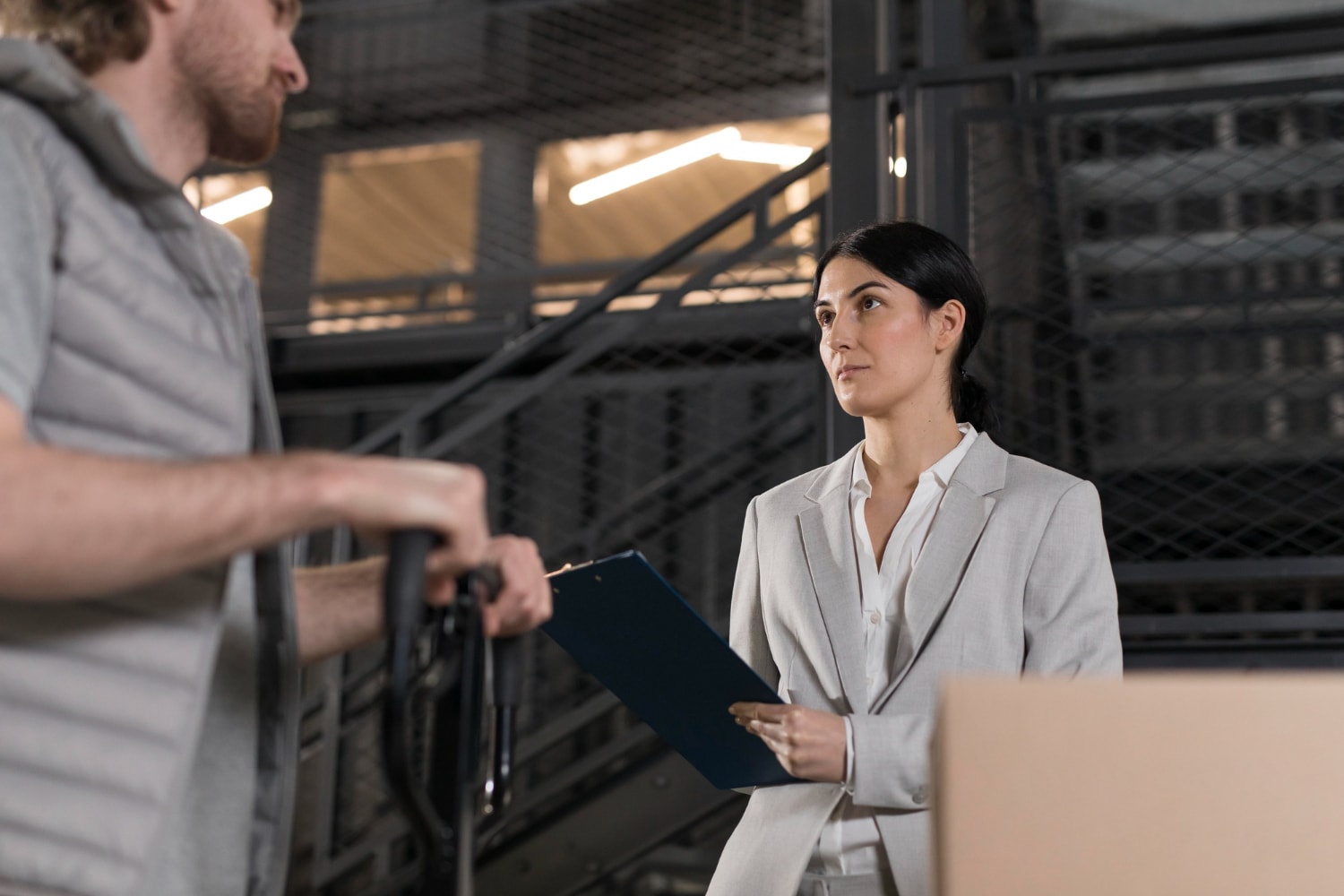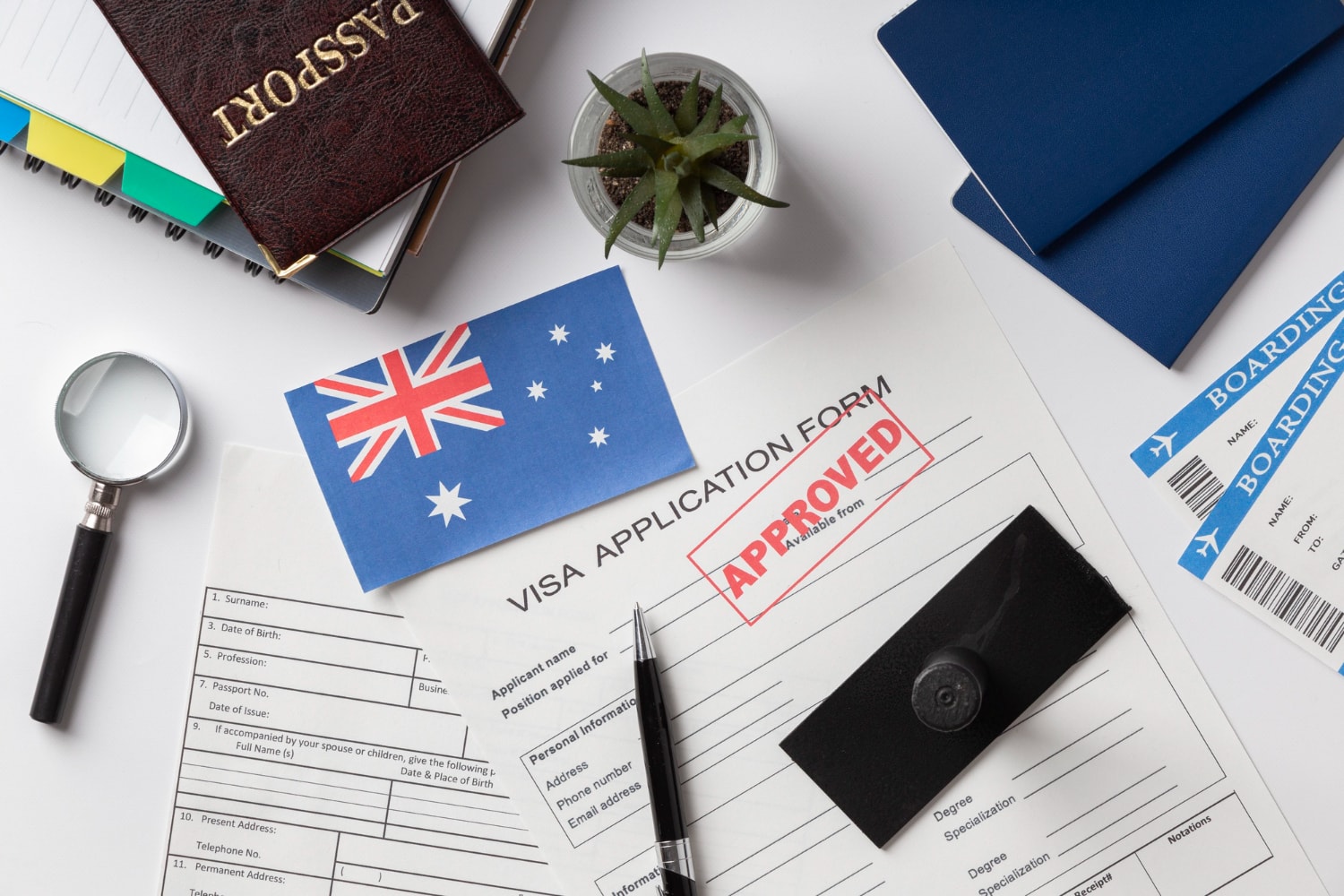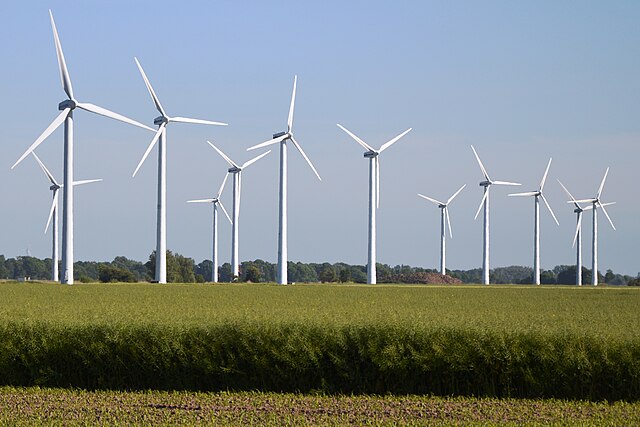After the four years of the Trump administration that froze relations between America and its historic allies in Europe, there is a watershed change: With President Biden, the EU-US Summit of 15 June, held in Brussels, marks a new phase in the US-Europe alliance. A more expansive phase and not just a renewal or a return to the “good old days” which in fact had not been so good lately. The 20-year old dispute over Airbus-Boeing, the two aviation giants competing across the world, had deeply marred relations even during the Obama years.
So what happened exactly?
To start with, it is noteworthy that this was the first EU-US summit since 2014 and the first visit by a US President to the EU institutions since 2017. President Biden, leading the US delegation, met with the two top EU leaders, the head of the European Commission Ursula von der Leyen and European Council President Charles Michel, before flying off to Geneva where he is set to meet President Putin on Wednesday.
The meeting marked the beginning of a renewed transatlantic partnership and set a joint agenda for EU-US cooperation in the post-pandemic era. The leaders committed to regular dialogue to take stock of progress.
Key summit deliverables include three major new trade initiatives. The leaders agreed to:
- create a Cooperative Framework for Large Civil Aircraft
- establish a joint working group to resolve differences on measures regarding steel and aluminum by the end of the year
- establish an EU-US Trade and Technology Council
The opening paragraph of the EU-US Summit statement sets the stage, reminding us that we are dealing here with three-quarter billion people who not only live in the most advanced countries but are wedded to democratic values and aware of their responsibilities to the rest of the world:
“The European Union and the United States represent 780 million people who share democratic values and the largest economic relationship in the world. We have a chance and a responsibility to help people make a living and keep them safe and secure, fight climate change, and stand up for democracy and human rights. We laid the foundations of the world economy and the rules-based international order after World War II based on openness, fair competition, transparency and accountability. Some of the rules need an update: to protect our health, our climate and planet, to ensure democracy delivers and technology improves our lives.”
Indeed, the “shared values” is something Ursula von der Leyen insisted on at the press conference following the Summit. In a statement distributed to the press, she clarified several points. “The agreement we have found now really opens a new chapter in our relationship” she said, “because we move from litigation to cooperation on aircraft, and that after almost 20 years of disputes.”
She reminded us that this Airbus-Boeing dispute was in fact “the longest trade dispute in the history of the World Trade Organization.” And that US-Europe trade was huge: “Despite the pandemic, trade between the European Union and the US was worth almost EUR 1 trillion in 2020,” she said, adding, “And to preserve this, we discussed that we need to adapt to an even more competitive and more diversified global environment. And therefore, we decided to establish an EU-US Trade and Technology Council.”
Unquestionably this EU-US Trade and Technology Council is most likely the major result of the Summit, one that has the potential to change not only trade flows – both partners, of course, want to see them increase – but our common technological future, replacing senseless and wasteful competition with constructive cooperation. As von der Leyen put it:
“…we also want to discuss how we avoid new unjustified technical barriers and how to cooperate in areas with high potential from our economy, especially of course in the digital technologies. And the Trade and Technology Council will be a forum to cooperate and align on global tech matters – so whether it is artificial intelligence, to set our standards and promote a human-centric artificial intelligence; or be it the risks of cybersecurity; or be it in the environmental field, for example clean technologies, in this forum of trade and technology.”
She mentioned that, for example, “at the beginning, of course, focus on areas that are the most urgent, for example on semiconductors. You know that these are a key component in many industries with significant supply constraints. And here it is really worthwhile to work together and to improve the situation.” But other areas matter too: “we will work on platforms and artificial intelligence areas of ever-increasing importance to our economies and our societies” she said, “And, as I have mentioned, the cybersecurity threat we both face, and a threat that requires a common response.”
A major topic in these pandemic times is the Covid vaccination question. The decision was taken to establish an EU-US Vaccines Task Force to, as von der Leyen put it, “really work on the details. If there are bottlenecks in the supply chains and other issues, it will help to identify and solve problems that are connected to the production of the vaccines or also production of therapeutics.”
The whole question around the TRIPS agreement also came up. And it was agreed to “cooperate much more to build capacity worldwide in regions where there is no production capacity right now”, she said, mainly in lower-middle-income countries, and keeping supply chains open and secure. And there was a need “not only to bring private investment and de-risk this private investment into these regions but also [address] the question of how to transfer technological know-how to these regions.” Unquestionably a huge challenge but one that needs to be met. Rich countries cannot continue to hold the monopoly of vaccine development and know-how.
Reform of the World Health Organisation (WHO) was also discussed and they agreed that to “a renewed engagement is necessary”, that the WHO needs “stronger capacities for the detection of outbreaks” and that the “investigative power of the WHO must be increased”. As she said, “We have learnt our lessons from the past, we know that we lost time at the beginning of the pandemic, and this should not happen anymore.”
On Climate Change, they saw eye-to-eye. Von der layen was clear: “We are natural partners in the fight for our planet’s future. And science tells us very clearly that we have to hurry up, we need to do more and we need to do it quickly. So I am very pleased that we are establishing today an EU-US High-level Climate Action Group” – a concrete step forward to ensure the US and EU “work together on the momentum that has been created by the Earth Summit and really work on climate diplomacy.”
Also briefly discussed: The need for “a robust global framework for sustainable investment and reforms. We saw on both sides,” she said, “that there is a lot of private capital out there that is looking for true green investment – not greenwashing, but true green investment.” So they have “committed to work towards a Transatlantic Green Technology Alliance.”
The question of global pricing on CO2 was also addressed. Von der Leyen told Biden that “it is necessary overall to have over time a global price on CO2, be it through the Emission Trading System or be it through taxation. And in this context, I explained the logic of our Carbon Border Adjustment Mechanism and we discussed that, we will exchange on it, and that the WTO might facilitate this.” Of course, there is also a need to reform the World Trade Organization, and apparently that too came up: “I have been briefly touching upon the reform necessity in WTO,” she said.
In short, this was an extraordinarily exhaustive discussion between the EU leaders and the American President – possibly a historic first. Let us hope that the new doors that are thus open will remain so. The world certainly needs the two superpowers – America and the EU – to work together.
Editor’s Note: The opinions expressed here by Impakter.com columnists are their own, not those of Impakter.com — In the Featured Photo: President Biden as he leaves the EU-US Summit, 15 June 2021 Source: Newsroom Concilium Europa


